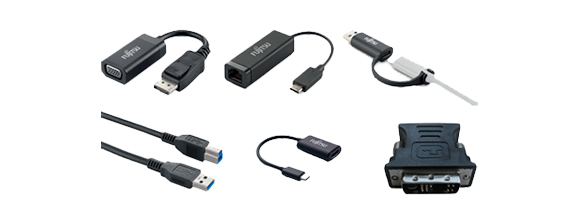Transformative Power of Microbial Genome Editing: Revolutionizing Biotechnology for Agriculture, Medicine, and Beyond
The realm of biotechnology has reached new heights with the advent of microbial genome editing services. These services empower researchers and industries to modify the genetic makeup of microorganisms, such as bacteria and yeast, with remarkable precision. As a result, microbial genome editing has become a cornerstone in various fields, including agriculture, medicine, environmental science, and beyond. This article delves into the significance, techniques, and applications of microbial genome editing services, illustrating their transformative impact on modern science.
Significance of Microbial Genome Editing:
Microorganisms play a vital role in numerous biological processes, serving as workhorses for fermentation, bioremediation, and the production of pharmaceuticals. The ability to edit microbial genomes allows scientists to enhance desirable traits like productivity, stress resistance, and the efficiency of metabolic pathways. By modifying microorganisms at the genetic level, researchers can create customized strains that meet specific industrial needs, ultimately leading to increased efficiency, reduced costs, and more sustainable practices.
Techniques Used in Microbial Genome Editing:

Microbial genome editing employs several cutting-edge techniques that enable precise modifications to the genetic code. The most prominent methods include:
CRISPR-Cas9 Technology: This system has revolutionized genome editing due to its simplicity and precision. The CRISPR-Cas9 system utilizes a guide RNA to direct the Cas9 endonuclease to a specific DNA sequence, where it causes a double-strand break. This break can be repaired through non-homologous end joining or homology-directed repair, allowing for the insertion, deletion, or alteration of genes.

TALENs (Transcription Activator-Like Effector Nucleases): TALEN technology involves the use of engineered nucleases that can target specific DNA sequences. Similar to CRISPR, TALENs induce breaks in the DNA, prompting the cell's repair mechanisms to integrate desired genetic changes.
Zinc Finger Nucleases (ZFNs): ZFNs are another form of engineered nucleases that combine zinc finger proteins with a DNA-cleavage domain. While slightly less common than CRISPR and TALENs due to complexity, ZFNs are still valuable tools for precise genome editing.

Homologous Recombination: This natural process can also be harnessed for genome editing. Researchers can introduce a donor DNA fragment that matches the target site in the genome, allowing for precise modifications. While less efficient than newer techniques, homologous recombination remains integral, particularly for larger genomic changes.
Applications of Microbial Genome Editing:

The applications of microbial genome editing are extensive and diverse:
Agriculture: Genome editing of microbes can lead to the development of biofertilizers and biopesticides, reducing the need for chemical inputs. Engineered microbes can enhance soil health, promote plant growth, and increase the resistance of crops to pests and diseases.

Biofuels: Modified microorganisms can optimize the production of biofuels such as ethanol and biodiesel. By enhancing metabolic pathways, researchers can improve yield and efficiency, making biofuels more viable as sustainable energy sources.
The potential for microbial genome editing to upend our understanding of biotechnology and its impact upon agriculture, medicine along with numerous other industries is nothing less than transformative—paving the way towards new frontiers in sustainable development.
The transformative potential of microbial genome editing holds the key to revolutionizing not only agriculture and medicine but also various fields yet unimagined, ushering in an era defined by precision biotechnology at unprecedented scales.
The transformative potential of microbial genome editing has the power to revolutionize biotechnology, reshaping agriculture with more sustainable crop varieties and medicine through precision cures--paving new frontiers beyond our expectations.
Microbial genome editing holds the transformative keys to unleashing revolutionary biotechnological advancements across agriculture, medicine and beyond through precision edits that reshape our future in sustainability and human health on an unprecedented scale.
The transformative potential of microbial genome editing holds the钥匙to revolutionizing biotechnology across agriculture, medicine and beyond by unlocking previously unreachable genetic modifications.














